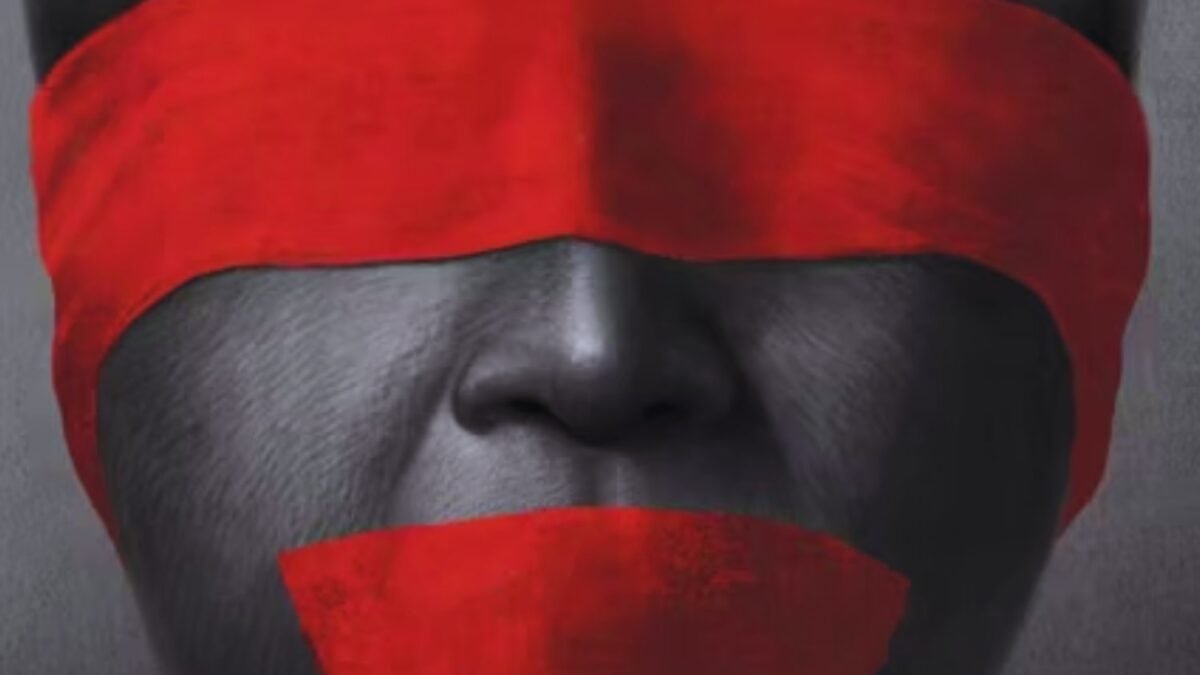The Global Far Right’s Sneaky Trap: How We’re Getting Used to Authoritarianism Without Even Realizing

What was once unacceptable to us, . This is how the new . Neuroscientists and political experts to undermine democracy from within, appealing to universal psychological mechanisms.
The brain as a battleground

When a congresswoman like Rocío de Meer proposes to expel millions of immigrants, she is not improvising: she is activating a psychological tactic. describe it as a process of habituation, by which, through the repetition of authoritarian behaviors, society stops perceiving them as abnormal. It is the effect of the “closed room” phenomenon:
In addition, there is the relative judgment, by which the extreme can seem moderate when compared to something even more radical. Thus, the axis of the debate shifts:
How the unacceptable expands

has its sociological correlate: the so-called Overton window. It is the range of ideas that society considers acceptable. With each provocation, the far right tries to widen that window. Examples such as the proposal to arm citizens in Spain or climate change denial show how certain positions are gaining ground through exposure.
Experts like Clara Pretus and Luis Martínez Otero agree that this “democratic anesthesia” is not spontaneous, but orchestrated by actors with political, media, and digital power. The strategy aims to replace dialogue with confrontation and present extremism as a legitimate form of dissent.
How to resist collective anesthesia?

Sharot and Sunstein propose active dehabituation: comparing what is happening today not with the previous day, but with the democratic ideals we aspire to recover. Luis Miller, a sociologist at CSIC, points out that often it is not the voters’ ideas that change, but their willingness to express them. Rebellion, he says, has shifted sides.
Still, there is hope. History shows that the window can also move towards social justice. “The key is not to abandon the cultural battle,” says historian Sergi Soler. And as Clara Pretus reminds us, crises go unnoticed… until they are at your doorstep.







